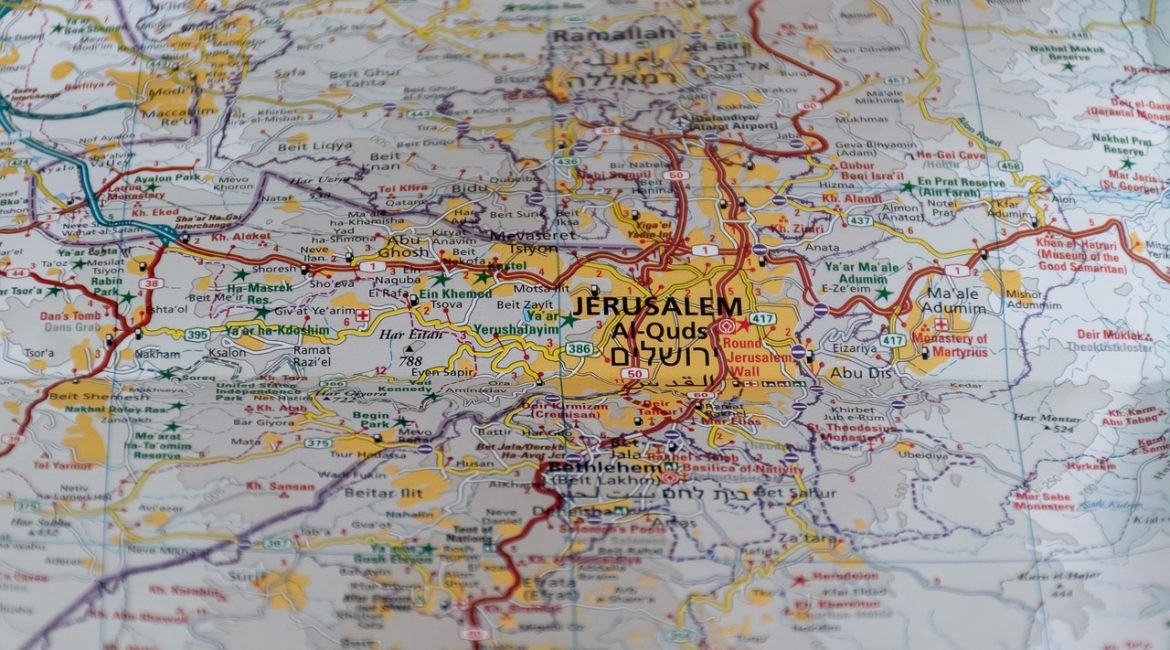Conventional wisdom says that the current war between Israel and Hamas in Gaza, now in its tenth month, is about to intensify significantly after Israel confirmed responsibility for the targeted killing near Beirut of Fouad Shukr, a senior Hezbollah military commander.
The day after Shukr’s death, an explosion at an Iranian government guesthouse in Tehran instantly killed the visiting Hamas leader, Ismail Haniyeh. While Israel publicly declined to comment on Haniyeh’s killing, Mossad officials told their American counterparts shortly thereafter that Israel was responsible.
Iran and Hezbollah, surprised by Israel’s ability to carry out such high-profile assassinations, have vowed to retaliate. But both have limited options for retaliation, and their vulnerabilities are many:
-Iran’s offensive capabilities against Israel are limited primarily to its arsenal of ballistic missiles and home-made drones, such as those fired at Israel with little effect in April, thanks to Israel’s highly effective air defenses, as well as its highly trained fighter pilots. If Iran strikes again, Israel can also count on the help of the U.S. and British air and naval forces.
-If Iran decides to strike in a major way, Israel has submarines equipped with conventional and nuclear missiles anchored in the Arabian Sea, just off the Iranian coast.
-In short, Israel has a huge advantage over Iran, a situation that will make Tehran cautious if it decides to engage in a direct military confrontation with Israel. This caution was evident last April, after an Israeli airstrike in Damascus killed a senior Iranian Revolutionary Guard general.
Israel's war with Hezbollah began in 1982, and after countless attacks, Hezbollah eventually drove the Israelis out of Lebanon in 2000. Then, Israeli Prime Minister Ehud Barak ordered for his army to withdraw and that made easier for Hezbollah to take control of the entire south.
In 2006, Israel went to war with Hezbollah and, after 34 days of fighting, the war ended in a draw. But the damage Israel inflicted on Lebanon was enormous. Israeli warplanes deliberately targeted civilian infrastructure in Lebanon, destroying roads, bridges, dams, water and power plants.
Moscow too, it is said to have warned Iran against a full-scale attack on Israel, fearing that Russian citizens would be killed there.
The U.S. administration, through Middle Eastern intermediaries and diplomatic channels, has also told Tehran that Haniyeh was not killed by an Israeli airstrike but by a remote-controlled bomb that the Israelis secretly planted in the guest room where the Hamas chief was sleeping.
In their efforts to persuade Iran not to attack Israel, U.S. officials have also warned Tehran that such an attack would bring a devastating Israeli response that would destabilize Tehran's newly elected government and the country's already struggling economy.
This warning strongly suggests that Israel has told the United States that, in response to a major Iranian attack, it will target Iran’s oil industry infrastructure—including oil fields, refineries, pipelines, ports, and tankers—as well as Iran’s military industries.

